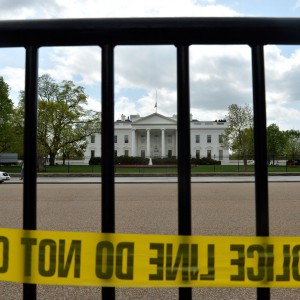Court Rules White House Visitor Log Exempt From Fr
Post# of 512

Court Rules White House Visitor Log Exempt From Freedom Of Information Requests

A three-judge panel for the Washington, D.C. Judicial Circuit has issued a summary judgment that the Freedom of Information Act (FOIA) does not apply to requests for Secret Service logs that track recent visitors to the White House.
Ruling Friday on a motion filed by nonprofit advocacy group Judicial Watch, Judge Merrick Garland opined that Congress had never intended FOIA to the movements of the President, because it “could substantially affect the President’s ability to meet confidentially with foreign leaders, agency officials, or members of the public,” and “could render FOIA a potentially serious congressional intrusion into the conduct of the president’s daily operations.”
The White House voluntarily disclosed the scheduled comings and goings of former IRS Commissioner Douglas Schulman after the IRS-Tea Party targeting scandal broke earlier this year, but more recently has refused to confirm whether IRS chief counsel (and political appointee) William Wilkins had visited the White House in April of 2012, only days before helping shape the discriminatory guidelines that have since come to define the scandal. Visitor logs from 2012 indicate that he did .
The Washington, D.C. Circuit ruled that records of White House visits fall not under FOIA, but the more-secretive Presidential Records Act (PRA) of 1978. The ruling came after the Secret Service denied a Judicial Watch request for “all official visitors logs and/or other records concerning visits made to the White House” over the course of seven months, according to a Courthouse News report.
The Secret Service maintained that the White House’s voluntary disclosure policy would eventually kick in, making visitor records available 90 to 120 days after the visits had taken place. But Judicial Watch motioned for a court to force the Secret Service to comply under FOIA, which the D.C. Court denied.
 (0)
(0) (0)
(0)